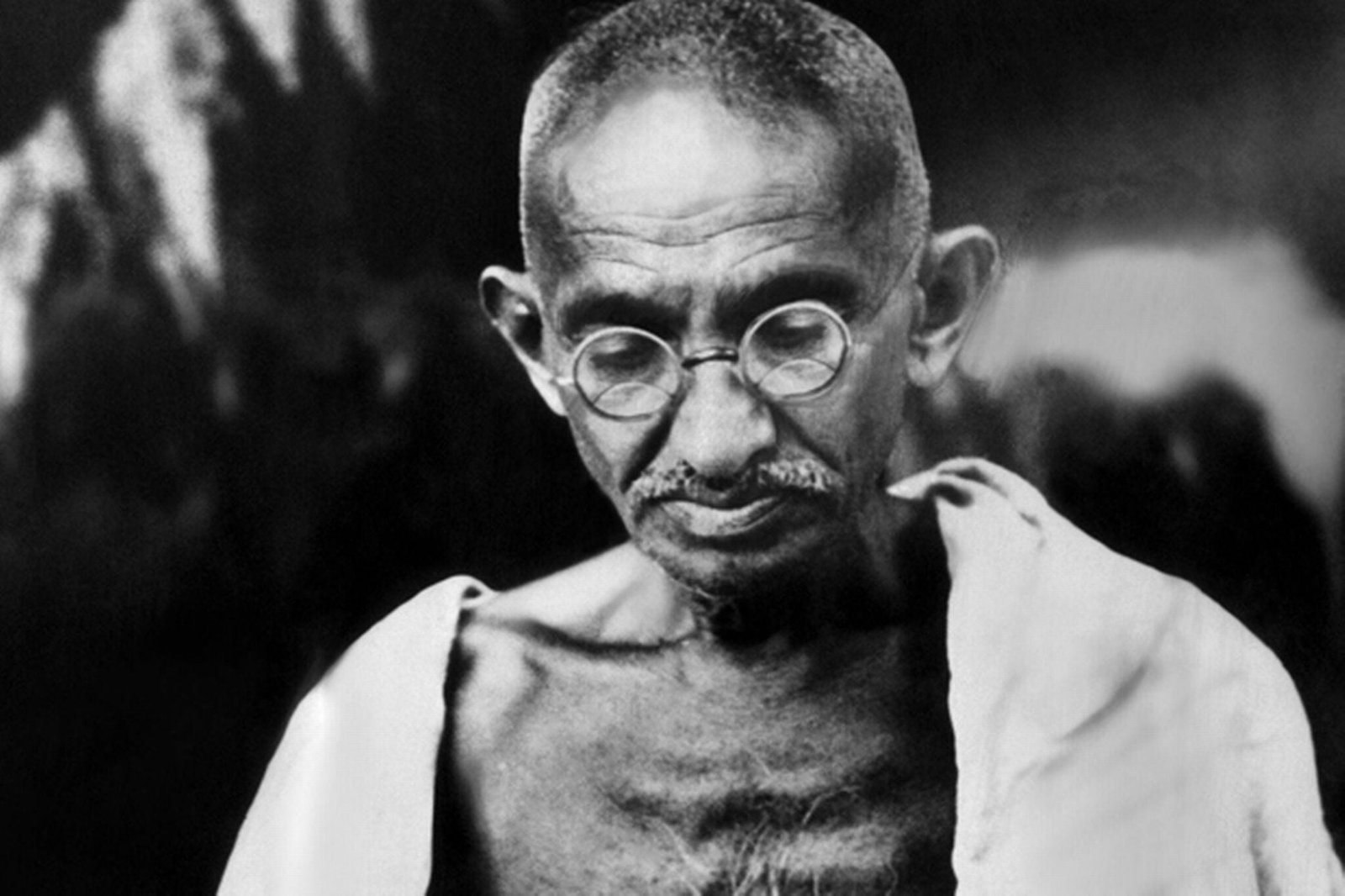Ashish Lata Ramgobin, a direct descendant of the father of the Indian nation, was convicted by the Durban Specialised Commercial Crime Court in 2021 for defrauding businessman SR Maharaj out of 6.2 million South African rand (approximately ₹3.22 crore). The 56-year-old was accused of fabricating import documents to falsely claim she was importing containers of linen from India for South African hospitals and needed funds to clear customs.
Ramgobin, whose lineage includes noted human rights activists Ela Gandhi and Mewa Ramgobin, had long portrayed herself as a social justice advocate. Her conviction shocked both India and South Africa, not just for the nature of the crime, but because of the symbolic weight of her ancestry.
A Trail of Forgery and Deceit
The case centered on Lata Ramgobin’s scheme to gain financial support from Maharaj by leveraging her family background and presenting a range of forged documents. These included a fake invoice from the hospital group NetCare, a delivery note, a purchase order, and a fake bank confirmation suggesting payment was in process.
FCRF x CERT-In Roll Out National Cyber Crisis Management Course to Prepare India’s Digital Defenders
Maharaj, swayed by her family name and the apparent legitimacy of the paperwork, advanced the money. But when the shipment never arrived, and NetCare denied any involvement, Maharaj filed a police complaint. It soon came to light that there had been no consignment at all—only a trail of deception.
Denied Bail, Denied Appeal
After initially being released on bail of 50,000 rand, Lata was denied permission to appeal her conviction or the sentence. South Africa’s National Prosecuting Authority (NPA) stood firm, with spokesperson Natasha Kara stating that Lata had used forged invoices to mislead potential investors about shipments that didn’t exist.
Throughout the hearings, Ramgobin maintained that she was in financial distress and needed the money urgently to clear customs duties. Despite her claims, the court found the evidence of deliberate forgery overwhelming.
Legacy and Public Reaction
The revelation that Gandhi’s descendant was convicted for such crimes stirred widespread debate. While some expressed sympathy over her financial difficulties, many saw the conviction as a betrayal of Gandhian values. Adding to the public discourse, Oscar-winning composer Hans Zimmer recently referenced Gandhi in a viral Instagram post about peaceful protest methods—bringing renewed attention to Ramgobin’s past.
Zimmer’s post reignited headlines and public interest in the case, underscoring how digital platforms can revive dormant controversies. The incident also served as a broader reflection on how legacy cannot serve as a shield for criminal conduct.
Ashish Lata Ramgobin’s story is not just about financial fraud—it’s about the weight of a legacy, the danger of misplaced trust, and the importance of integrity in both public and private life. As the dust settles on the legal process, her conviction continues to raise questions about justice, privilege, and the complicated inheritance of history.



